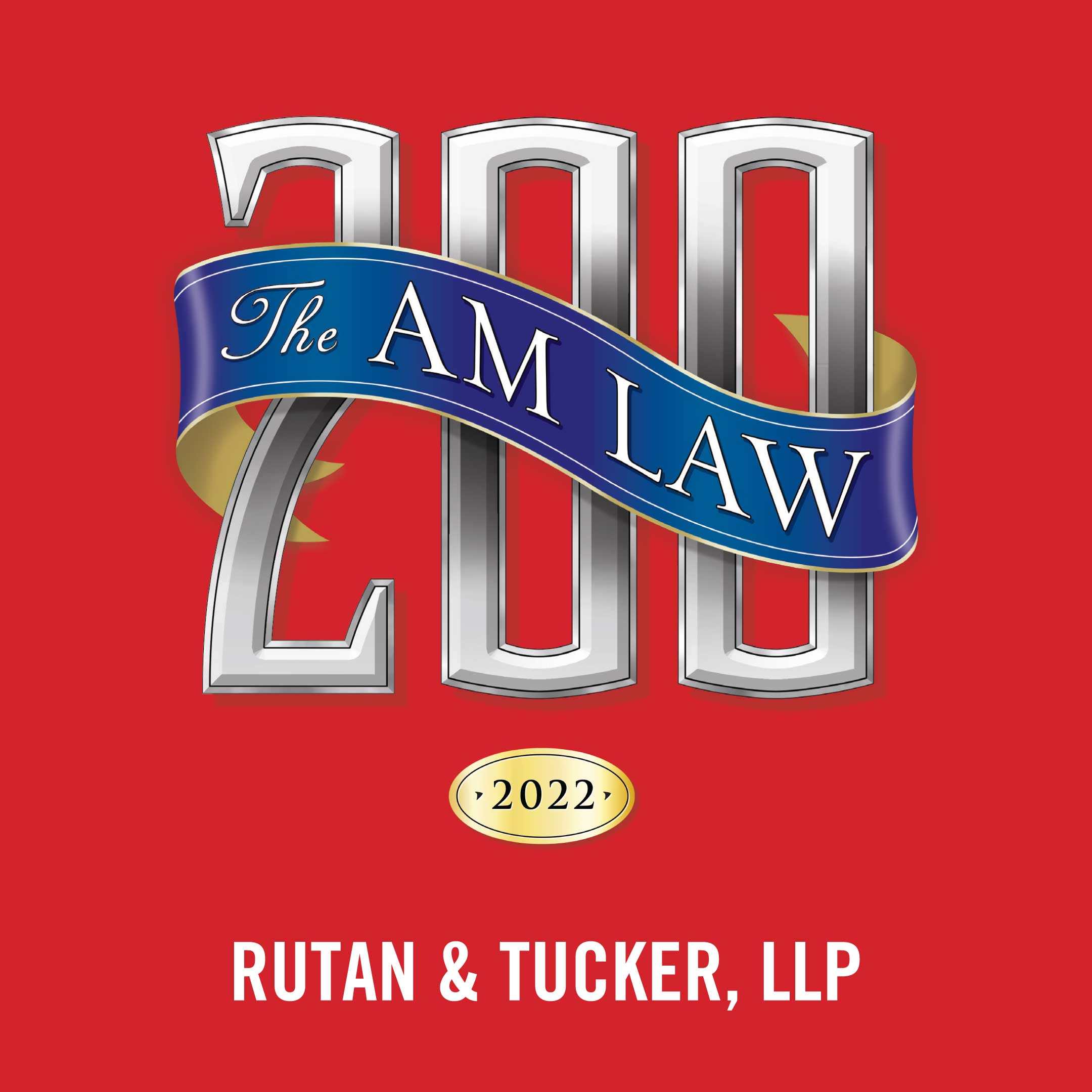COSTA MESA, Calif., January 29, 2013 – On behalf of their client, CRFL Family Apartments, attorneys at Rutan & Tucker, LLP, recently obtained a ruling, potentially the first of its kind, in Superior Court that obligates the State of California Department of Finance to recognize a $14.2 million contract for an affordable housing development in Oxnard.
The attorneys believe this successful challenge to a funding decision made by the State’s Department of Finance may be the first of dozens to come from private parties, local governments, and others following the dissolution of redevelopment agencies.
In March, Oxnard Family Apartments transferred the funding contract to CRFL Family Apartments, after which the project was listed among the former redevelopment agency’s Recognized Obligations Payment Schedule for state approval. On Dec. 17, the state denied the obligation on grounds the transfer invalidated the agreement.
The petition granted by Judge Timothy M. Frawley involved the developer’s disagreement with the Finance Department’s decision not to approve the contract because the Finance Department decided the contract didn’t constitute an “enforceable obligation,” requiring the funding, committed by the former redevelopment agency, after legislation closed down more than 400 redevelopment agencies last February 1.
Oxnard’s former redevelopment agency had pledged $14.2 million to the $44 million affordable housing project in a 2010 agreement with Oxnard Family Apartments. According to Rutan & Tucker partner Bill Ihrke, a key issue was the Court’s decision that the rights to the $14.2 million funding from the former redevelopment agency, along with the obligation to build the affordable units, were transferred to that single purpose developer, without creating a “new” enforceable obligation. He cited the ruling that states: “The relevant inquiry here, therefore, is not whether the Successor Agency ‘executed’ or was required to execute an assignment and assumption agreement, but whether the Agency – in consenting to the assignment – created a new enforceable obligation. The Court is persuaded that it did not.”
Ihrke believes this is particularly important because several sources of financing for the affordable housing project, including tax credits and multi-family housing revenue bonds, each of which had been independently approved by two different State agencies, were at risk of being lost if the State Department of Finance’s disapproval of the project had been upheld.
Another key issue that the Court discussed was the difference between the “freeze” of redevelopment agencies prior to their dissolution, and the authority of successor agencies after the dissolution of redevelopment agencies. The Court did not accept the Department of Finance’s explanation that successor agencies were governed by the same part of the law as former redevelopment agencies.
The ruling states: “It is noteworthy that, unlike [Health and Safety Code] section 34163, section 34177.3 does not explicitly prohibit successor agencies from entering into new contracts or amendments of existing contracts. It simply prohibits successor agencies from creating new enforceable obligations.”
“The Legislature clearly intended to prohibit redevelopment agencies from agreeing to new redevelopment plans or activities,” wrote Judge Frawley. “However, at the same time, the Legislature did not intend to impair existing agreements and debts.”
“The judge did an excellent job of following the terms of the project,” said Rutan & Tucker partner Hans Van Ligten, who chairs the firm’s Government & Regulatory Law section. “We were quite pleased because we also noted the contracts have constitutional protection.” Van Ligten said the State’s attorneys told him they would not appeal the decision.
With their petition granted and the judgment entered, he said his clients hope to begin construction on the homes in 30 days.
About Rutan & Tucker LLP
Rutan & Tucker is California’s largest full-service law firm headquartered in Orange County, California with offices in Costa Mesa and Palo Alto. Primary practice areas include business and real estate litigation, corporate and securities law, labor and employment law, intellectual property, real estate, municipal and government agency law, land use law, bankruptcy, condemnation and property valuation, environmental law, and taxation and estate planning. Detailed information about the firm is available at www.rutan.com.



